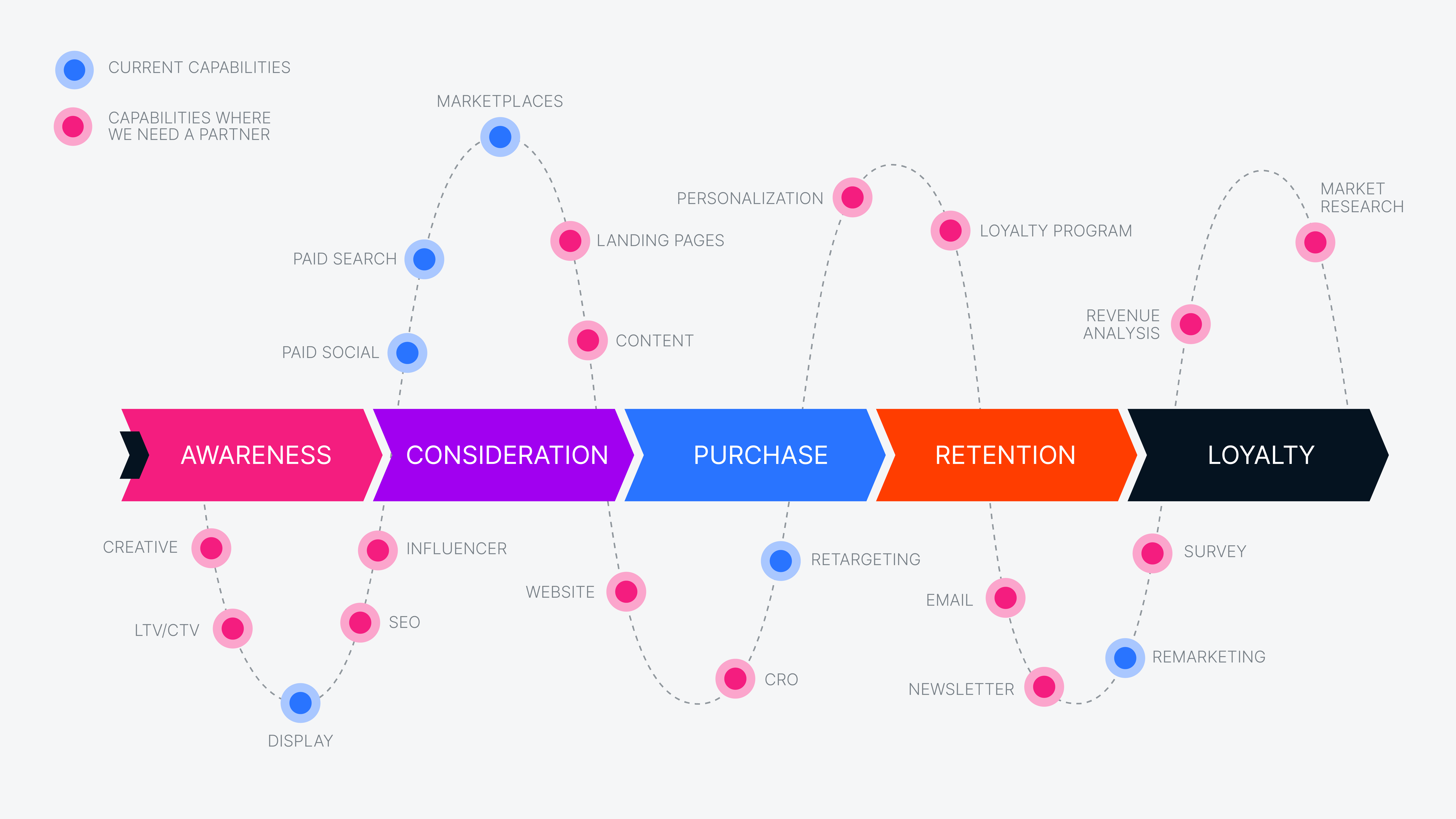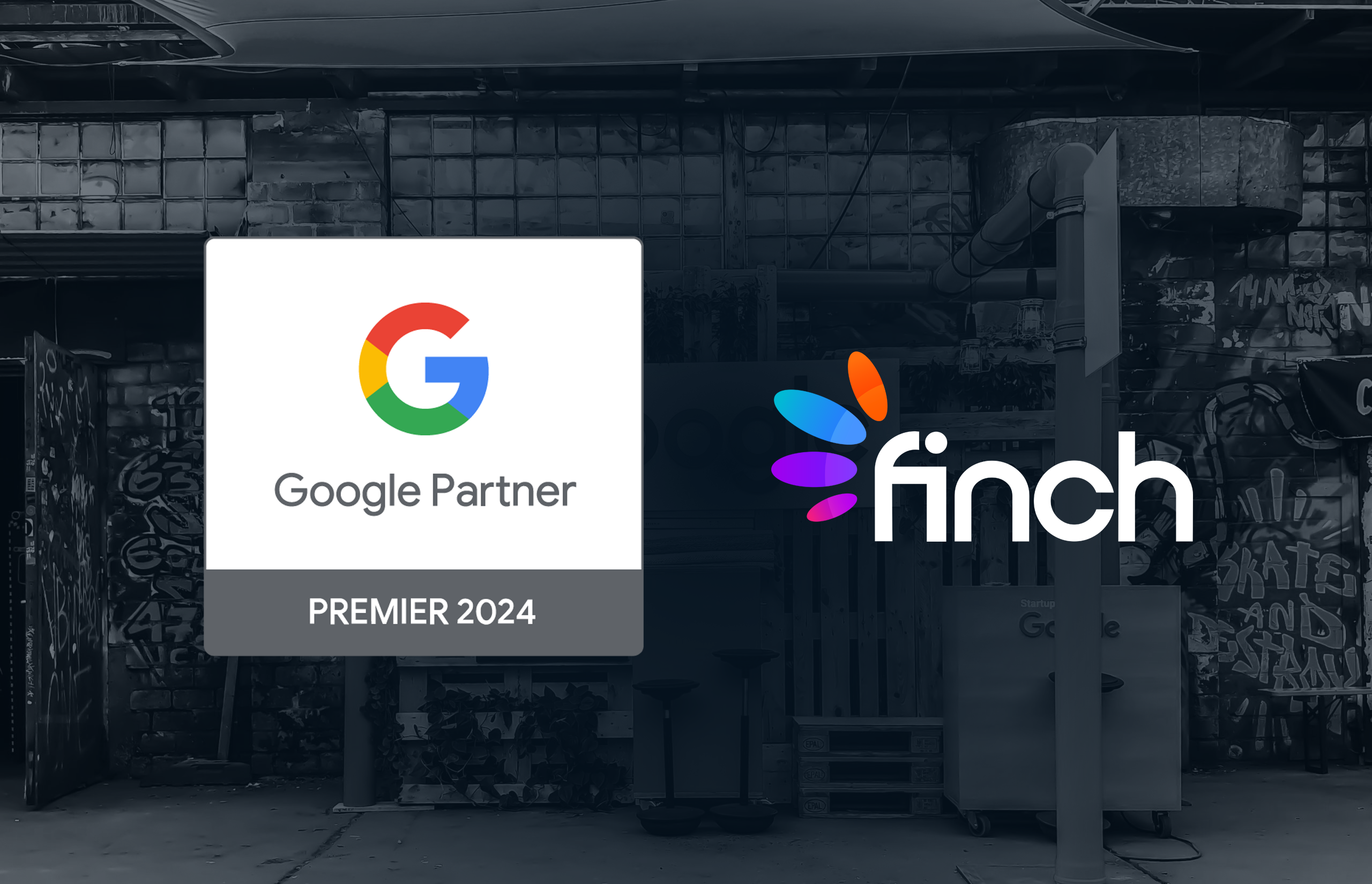
Search Engine Marketing: Questions About Google Ads You Need to Ask to Understand Your Data and Ad Spend!
For online advertisers, it often seems that you have more Google Ads questions than you do answers — even if you’re a Google Ads expert. And, with good reason: it’s imperative to make the best decisions you can for your business. Regardless of the channels you use Google Ads for, you may have found yourself wondering what you can ask Google to do for you.
Even the most astute Google Ads experts and PPC experts know that the problem isn’t about what you can or can’t ask your Google rep to do. Your main task is to figure out how you can make the best decisions possible. But, what if you lack granular access to insights and data? How do you get answers? Google’s data is a notoriously black-box solution.
There are three crucial Google Ads questions to ask your PPC professional — or even better, your rep at Google.
The Best Questions to Ask Google
1) What Is Google’s AI Doing for My Business Goals?
To sum up the newest advancements in regards to Google Smart Shopping (and other Smart campaigns) in one phrase, they’re easier. Smart Shopping Campaigns (SSC) are easy to set up, simple to run (with smaller catalogs), and fairer to manage. This solution offers automated bid adjustments, audience selection, more accurate targeting — and much more. These solutions are ideal for smaller businesses and teams who can’t manage the massive amount of data management that comes with traditional Ads campaigns.
But, for mid-size and large-size companies, there are a few caveats to consider before switching over. For instance, if you’ve hired a PPC expert (or a team of top PPC experts), is the convenience of Google’s automation worth losing control over attribution models, negative keyword substitutions — or product control at the SKU level?
Pro-Tip: Structure your shopping campaigns at the SKU level to gain better visibility into performance while using Google Ads!
For instance, if you structure your shopping campaigns at the SKU level, you avoid sacrificing critical areas of growth, such as cutting out the ability to select audiences. Additionally, you retain the ability to use device modifiers and negative keywords to your advantage. You can even track from where your sales originate in the funnel. And you can still take advantage of Google’s AI to drive search results based on predictive intent.
2) How Does Google Utilize My Conversion Data to Optimize My Campaigns Outside of Ads?
The short answer, they don’t.
However, working with Google has tremendous potential and payoffs. Google reaches approximately 90% of all online users worldwide. In fact, they have an average of 63,000 searches per second. Hence, there’s a reason we love working with them for our customers at Finch. However, one thing we find very common in the digital advertising world is that Google isn’t the only company that advertisers like to use.
Outside of the Google Network lie other profitable channels like various demand-side platforms (DSPs) (like Tradedesk, AppNexus, and Choozle), Microsoft Advertising (formerly Bing), Amazon, and multiple social media channels like Facebook/Instagram, LinkedIn, and Twitter. As of late, Google doesn’t communicate with these competitors — nor will they likely ever do so. But what does that mean for marketers who do use these other platforms? You may have noticed the “walled garden” among all your advertising channels, which naturally limits growth potential in terms of your full-funnel scope.
Therefore, it’s up to marketers to find a solution to aggregate all your digital marketing campaign data in one space. If you don’t, this situation leads to a potentially massive problem. There are only a finite amount of audiences to speak to, engage with, and convert. At some point, you run out of prospects — or you won’t be able to scale above the status quo. You need a software solution to link all your campaign data together. You need something to give you the keys to your kingdom of data.
3) What Can I Do to Get More Transparency Into My Google Data and How It Works?
When you advertise on Google Ads, Google maintains your data in its massive database. They’re using it to better predict the intent of your buyers and drive the growth your business needs to succeed. However, this data seems to amount to a massive black box that only demonstrates campaign ROI on Google Ads. And what Google does exceedingly well is using its algorithms to most effectively serve your ads to the right consumer at the right time on the optimal device.
However, despite nearly 70% of consumers turning to Google Search, Maps, and YouTube (when browsing or searching for products/services), there remain more unanswered questions surrounding Google Ads. Even top PPC experts have trouble telling you what metrics Google uses in bid-adjustments and targeting — and how it’s setting you apart from your competitors. But there is a solution for everything, including breaking down Google’s (and other advertising platforms’) black box: designing your campaigns with granular structure.
The vast majority of marketers use strategic metrics to measure campaign efficacy.
Making data-driven decisions from strategic metrics is the priority of 89% of leading marketers. Google is aware that their customers are demanding more visibility into performance to guide decision-making. And that’s why their solutions optimize for media outcomes, driving more significant results for advertisers.
Important Takeaways
Having a lack of insights is detrimental to the decision-making process for online advertisers. You can gain deeper transparency into your black box” data (whether it’s from Google, Microsoft, or others). However, you can only do this with a granular data structure. Unless your agency, top PPC experts, or digital marketing solutions team can do so, you may be stuck in the black box forever.
If you’re curious about how Finch is continuing to partner with Google to provide online advertisers with a transparent, full-funnel approach to their data, reach out to Finch.






